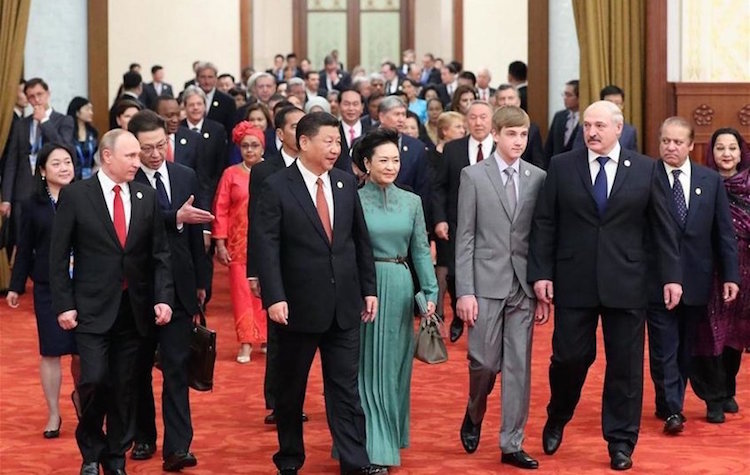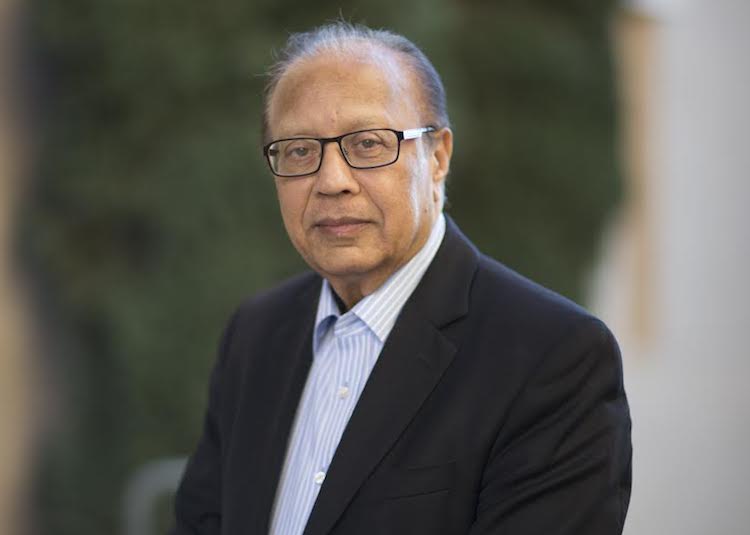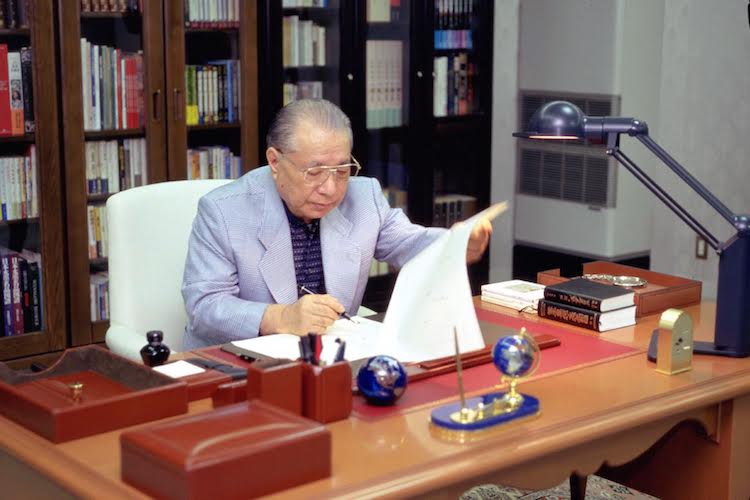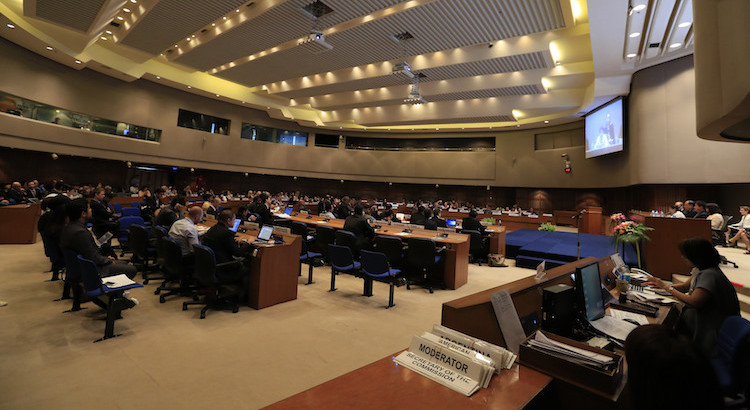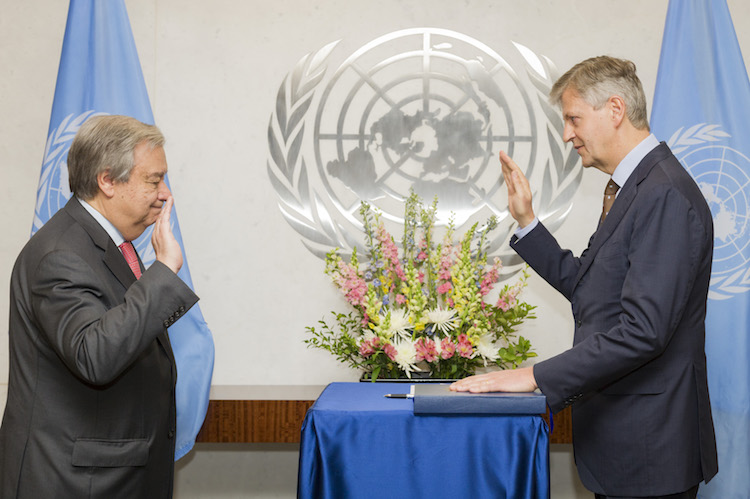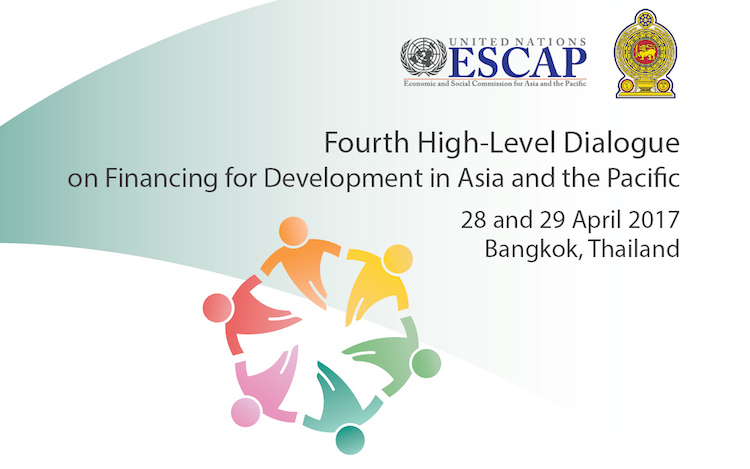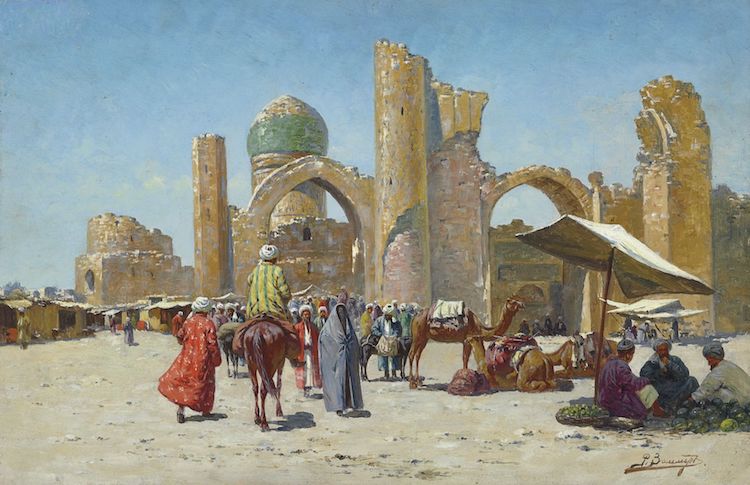
Uzbekistan Shows the Way for Dealing with Cultural Legacy
By Shastri Ramachandaran
TASHKENT | SAMARKAND (IDN) – Cultural legacies, with their inevitable potential for controversies compounded by competing claims between contending nations, can be fraught affairs. Disputes over art works and artefacts of one country being found in another are legion. The UNESCO convention, which mandates return of illegally acquired objects to country of origin when provenance is established beyond doubt, is actually an acknowledgement that disputes are bound to persist and, therefore, require a basis to be addressed.
Although there are numerous instances where countries have resolved disputes over cultural objects in an amicable manner, many a long-running controversial case remains unresolved. One of the best-known cases is that of India’s fabled Kohinoor diamond.…




